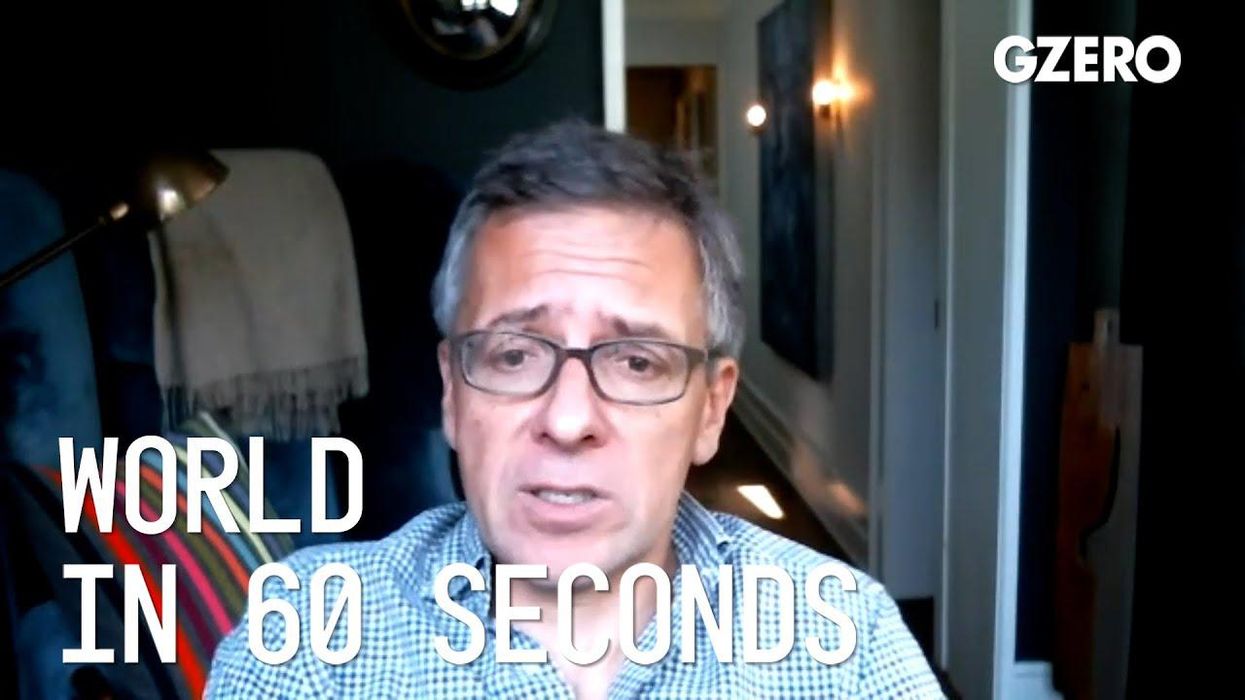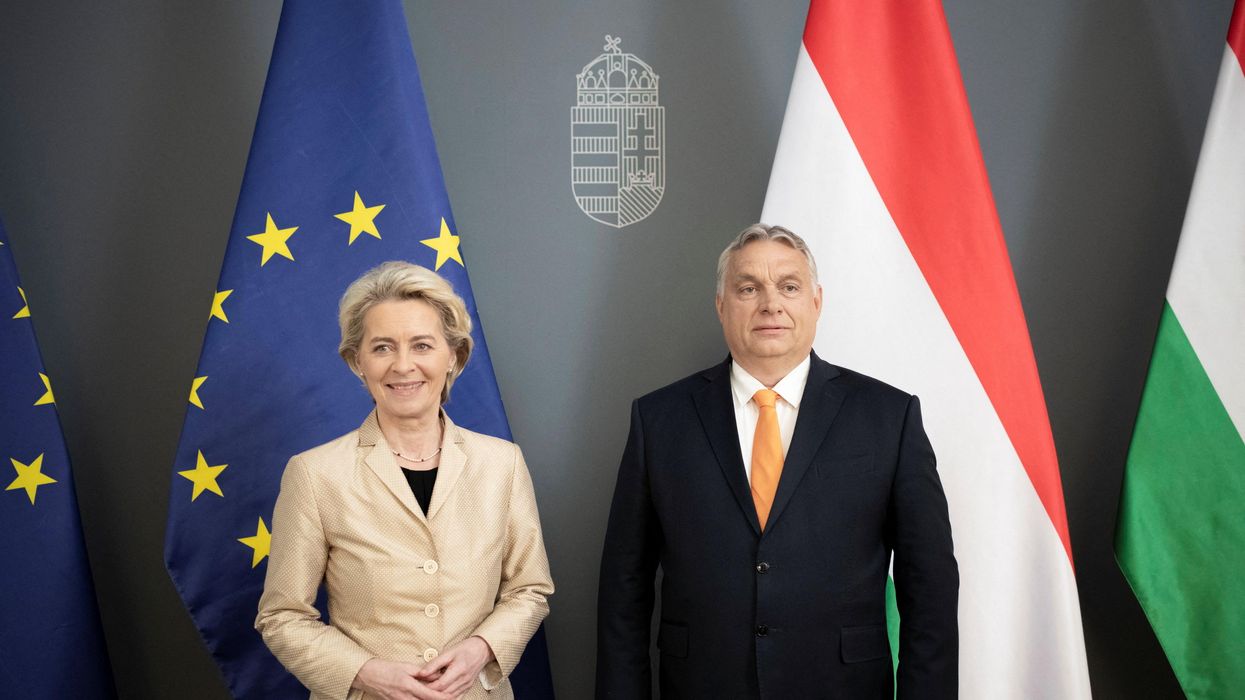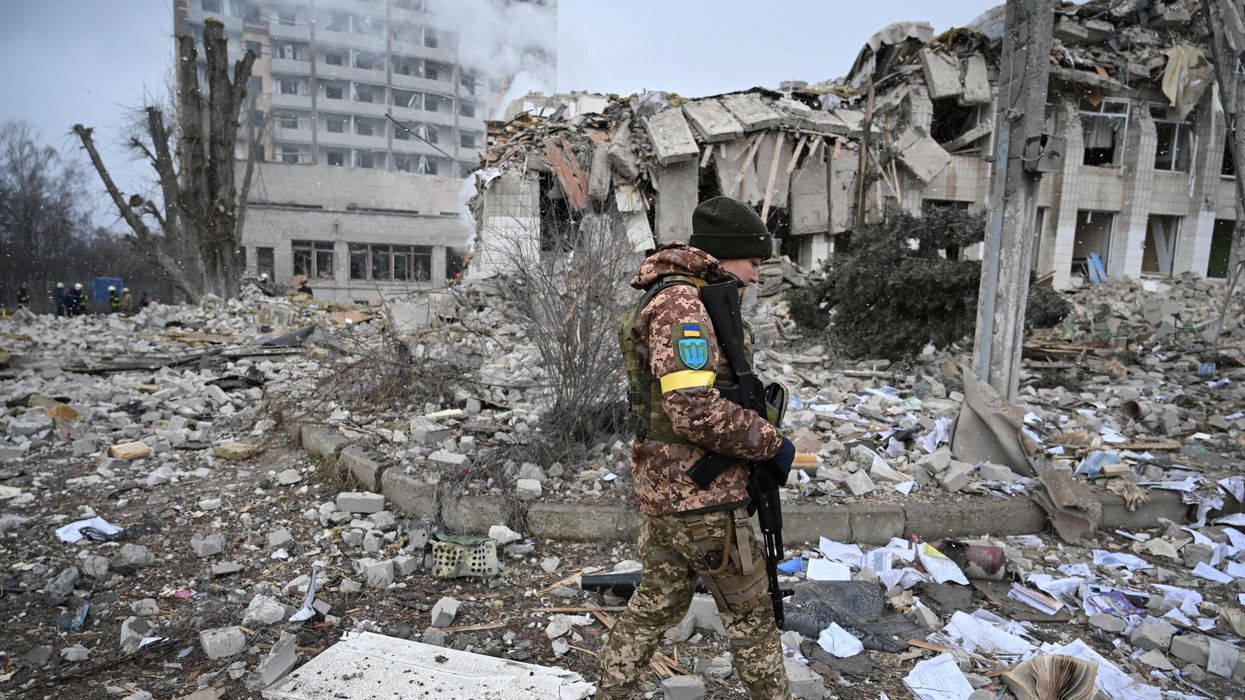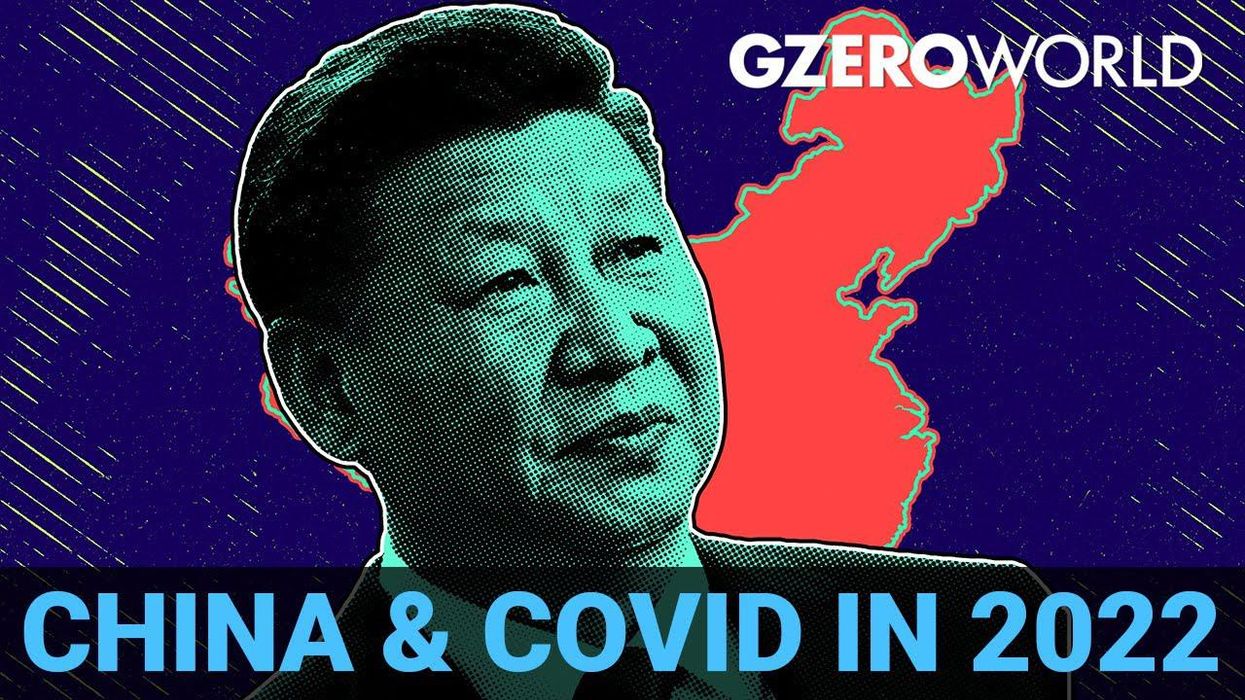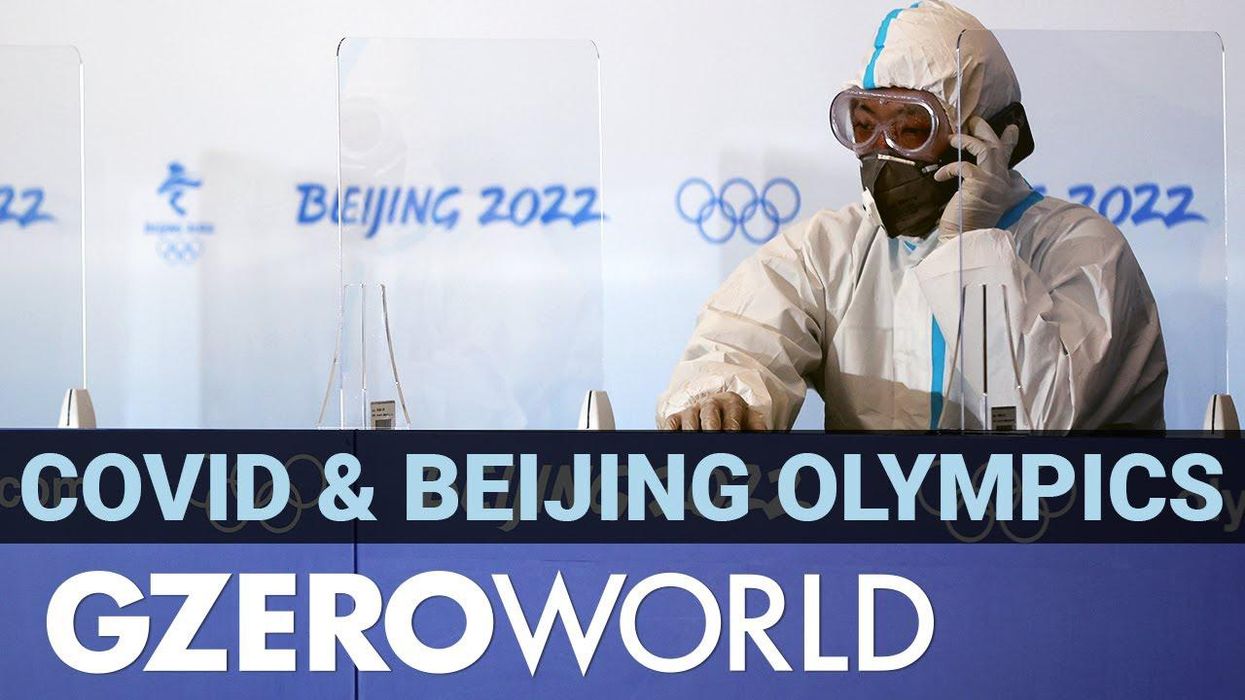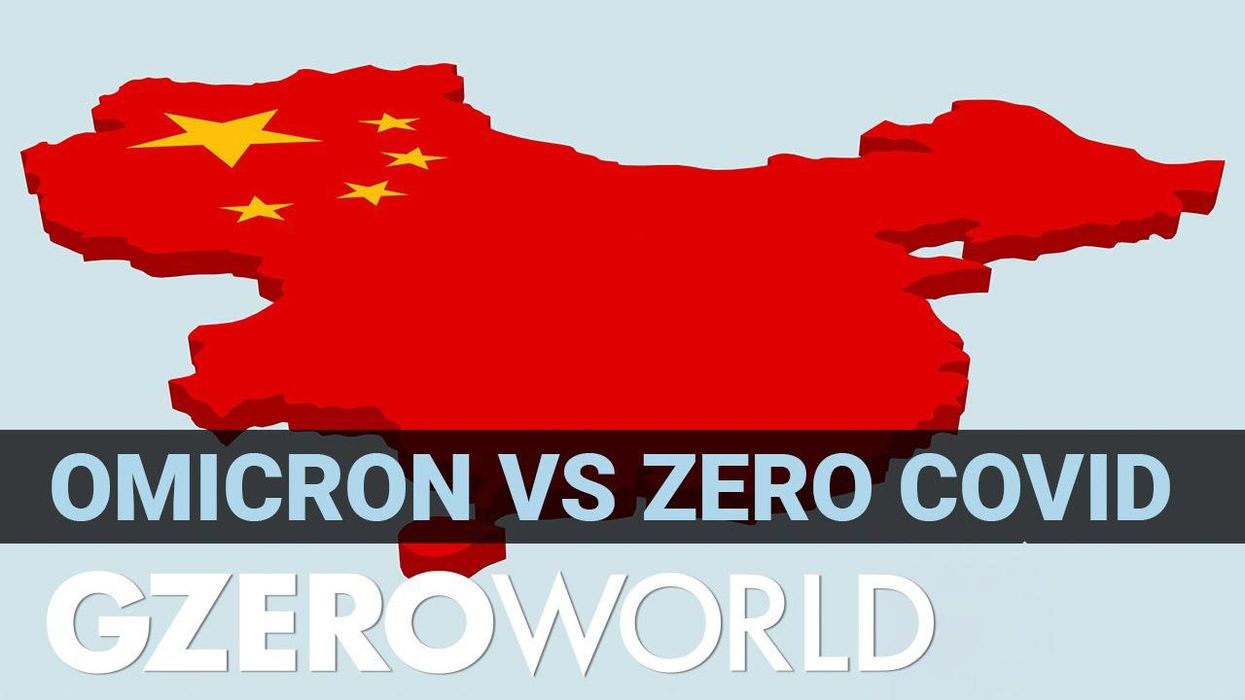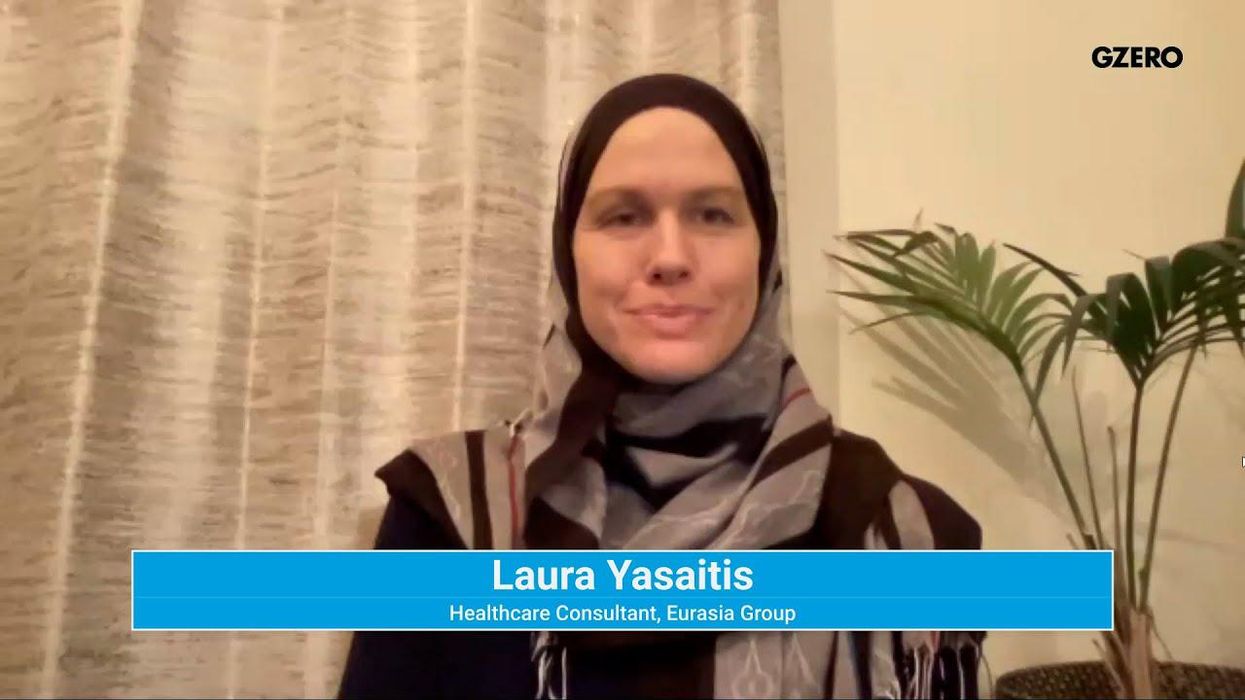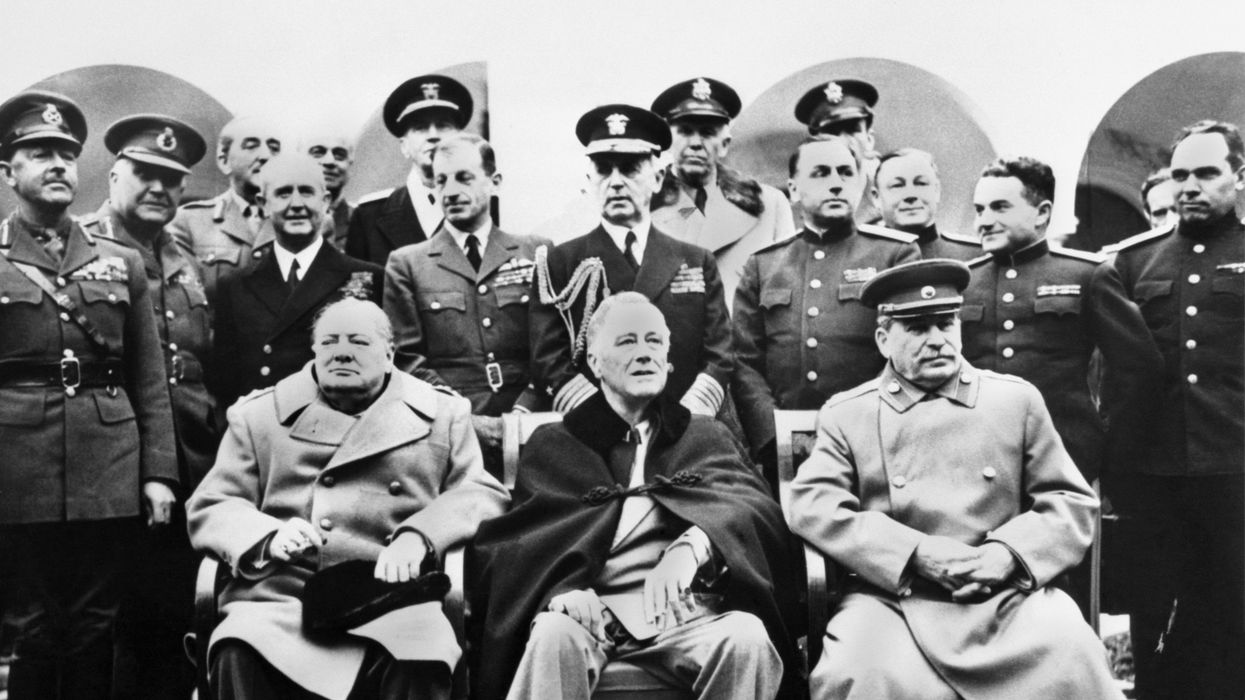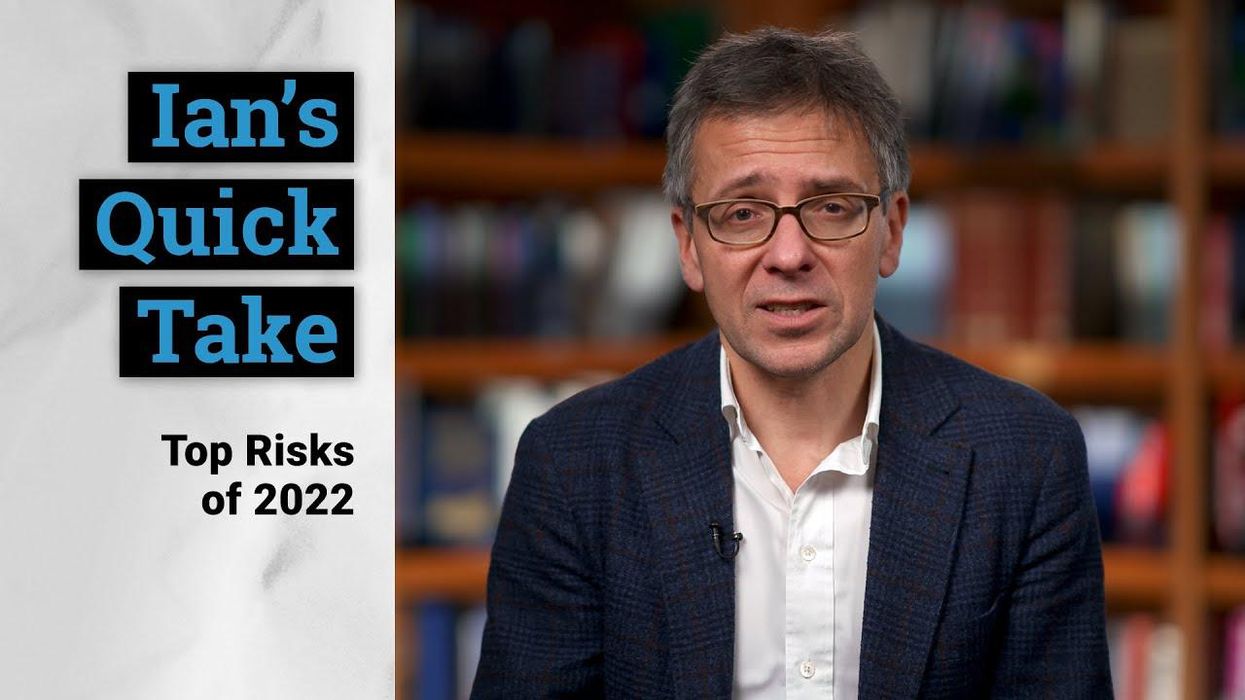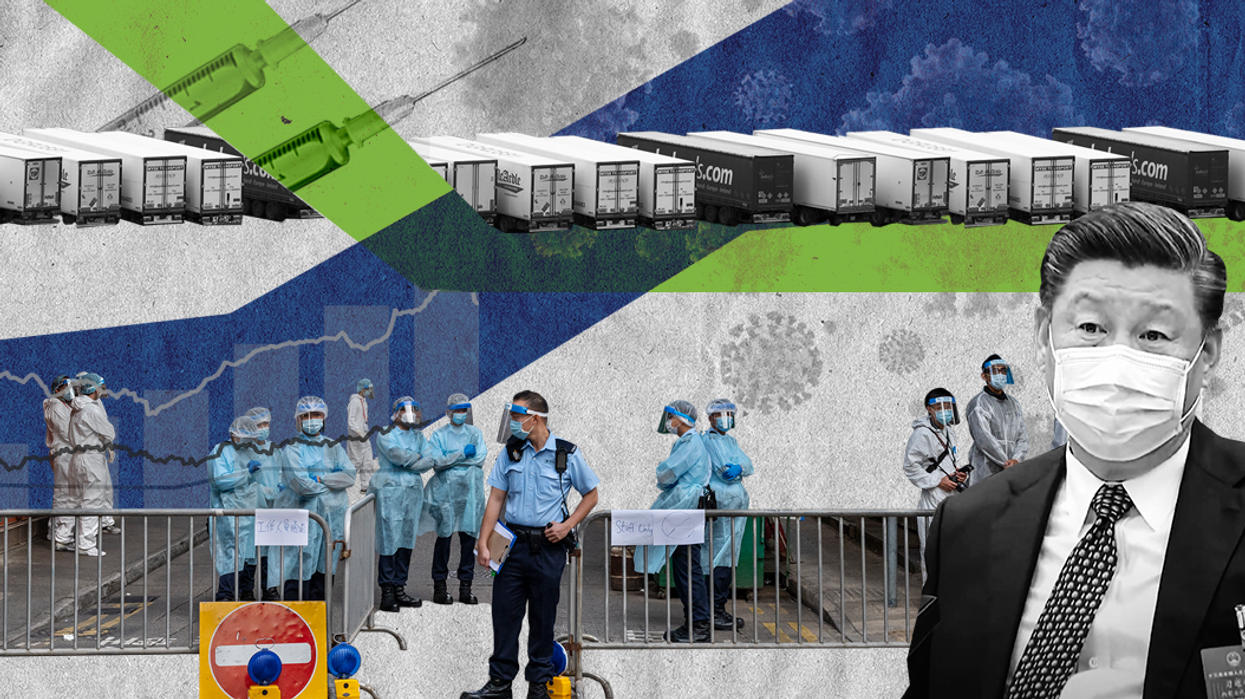ask ian
More Russia-NATO confrontation ahead in Ukraine war
With the US speeding up military aid to Ukraine, can the West coax an end to the war soon? Is China still planning years of zero-COVID strategy? And then will the global food crisis get political? Ian Bremmer shares his insights on global politics this week on World In :60.
Jun 01, 2022
